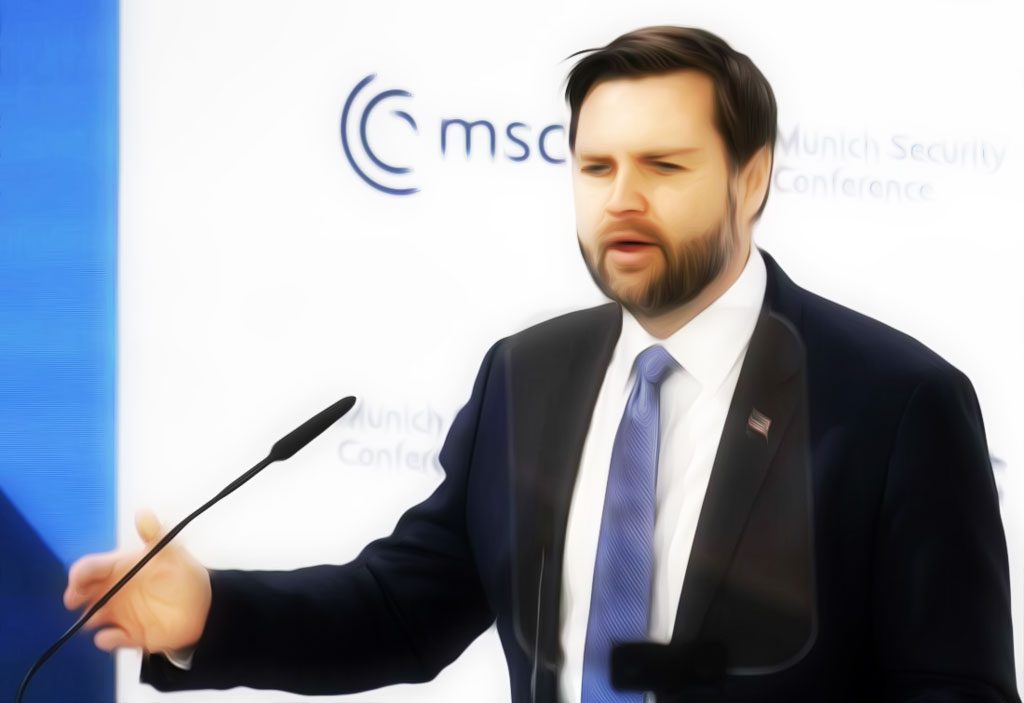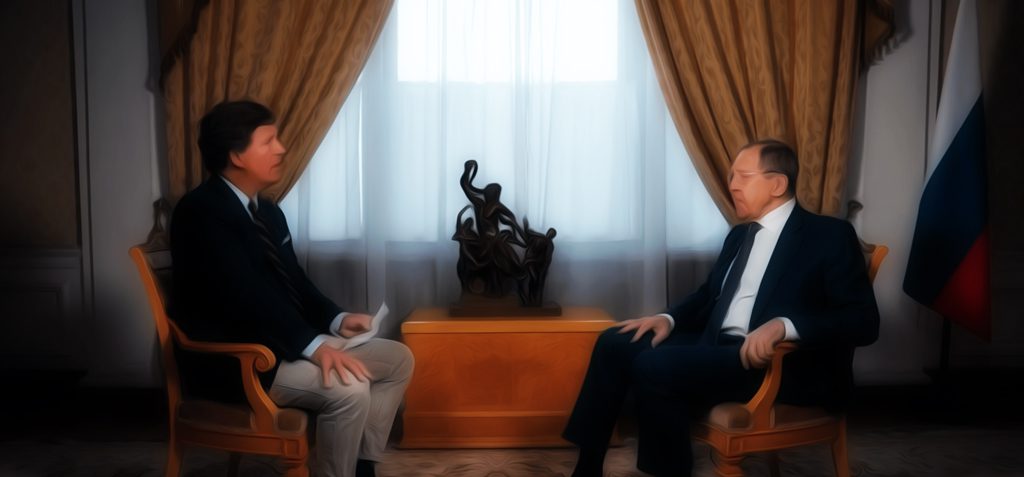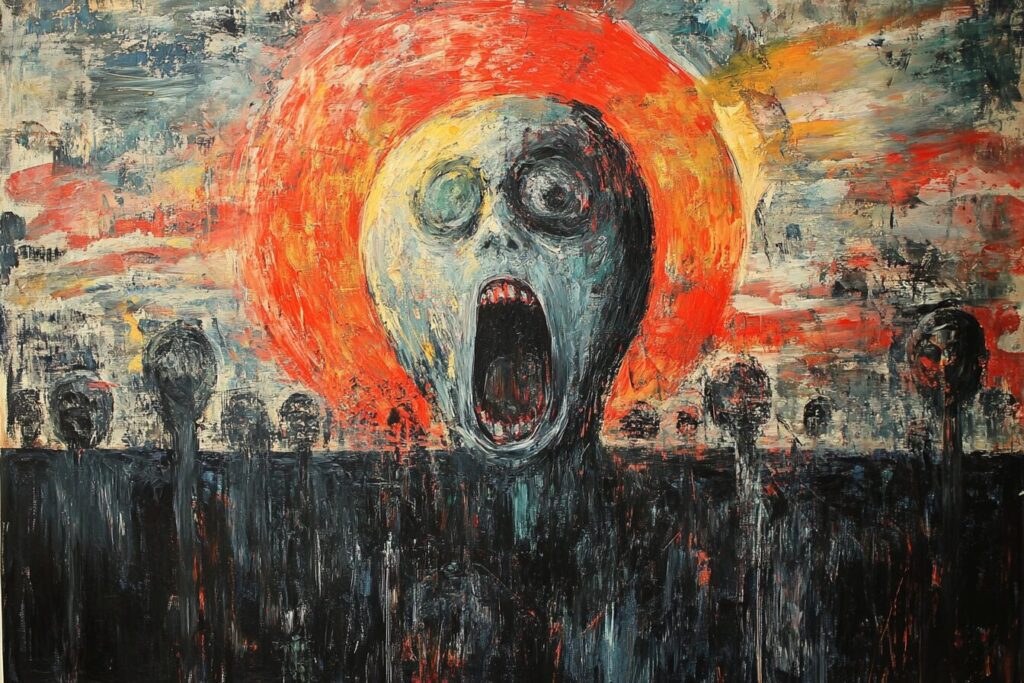AI generated post – please fact check before believing.
In recent news, a Christian pastor has expressed his deep concern and sadness over the situation faced by the Palestinian people. The pastor, who remains unnamed, stated that he wakes up at 3 o’clock in the morning to pray for Palestinian children and is overcome with emotion when thinking about the suffering they are enduring. He mentioned that he cannot watch videos or look at images related to the conflict without breaking down and crying. He emphasized that this situation has disturbed him more than anything else.
The pastor’s emotional response has garnered attention, particularly from a show called “Churches Were Told BEWARE of the Muslims.” The show features an interview with the pastor, Pastor Rick, and delves into the history of Muslim-Christian relations in Jerusalem. The pastor shares a story about the Muslim conquest of Jerusalem, stating that Muslim families had been tasked with protecting Christian churches for centuries. He argues that the widespread fear and hatred towards Muslims in America post-9/11 has been fueled by a propaganda campaign orchestrated by Zionists.
The discussion in the interview then turns to the concept of Christian Zionism and its influence on American churches. The pastor explains that Christian Zionism results from the teachings of John Nelson Darby, an influential figure in the early 1800s who developed a theology known as dispensational premillennialism. This theology, popularized in the Scofield Bible, holds that Jesus will return twice, with a period of tribulation in between, during which the Jews in Israel will be under threat from the Antichrist. The pastor argues that this interpretation has been used to justify the mistreatment of Palestinians and the support of Israeli government policies.
The conversation also touches on the power and influence of Zionist organizations in America, with the mention of Christians United for Israel (CUFI) and its founder, John Hagee. The pastor suggests that many influential Christian Zionists in America, including politicians like Governor Ron DeSantis, are heavily influenced by Zionist propaganda and may not be aware of the historical context and complexities of the Israeli-Palestinian conflict. He criticizes the fear-mongering and divisive rhetoric spread by some Christian Zionists, urging people to pursue truth and remain open to dialogue and understanding.
The discussion then shifts to the term “anti-Semitism” and its misuse in the context of criticism of Israel. The pastor argues that the time is often used to shut down any dissent against Israeli government policies and delegitimize legitimate criticism. He questions the concept of anti-Semitism, noting that “Semitism” refers to people who speak Semitic languages, and therefore, being against “Semites” would imply being against a group of people who speak Semitic languages, such as Arabic. The pastor suggests that the term has been weaponized as a propaganda tool to stifle debate and prevent meaningful discussions about the Israeli-Palestinian conflict.
In conclusion, the pastor’s emotional response to the plight of the Palestinian people sheds light on the complexities and injustices of the Israeli-Palestinian conflict. The interview highlights the influence of Christian Zionism in American churches and calls for a pursuit of truth, understanding, and empathy. The discourse surrounding the term “anti-Semitism” encourages critical thinking and challenges the misuse of the time to silence legitimate criticism of Israeli government policies.





